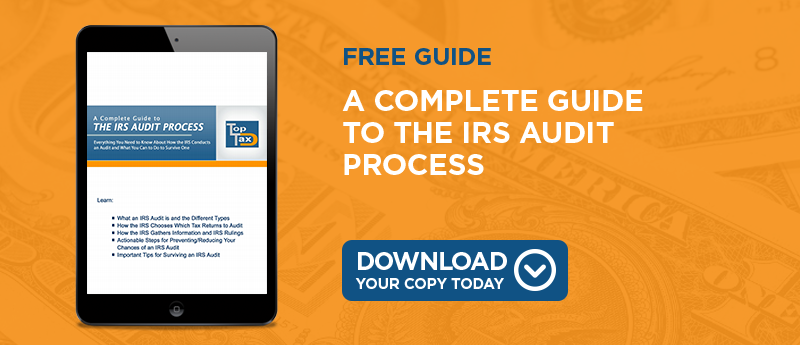
If you operate a home-based business, you're probably familiar with the large number of home office expenses you can deduct. However, one of the most valuable deductions available to self-employed taxpayers may also pose the highest number of tax pitfalls: the home office deduction. Due to some IRS problems with tax audits in the past, some taxpayers who are legitimately entitled to claim this deduction refrain from doing so. To be clear, people who are qualified for the home office tax deduction should use it, but they must make sure that their records and use meet the IRS guidelines.
What is the Home Office Deduction?
Put simply, the home office tax deduction allows taxpayers to write off all of their direct business expenses, in addition to many indirect expenses. The IRS has stipulated that self-employed individuals who work out of their home can claim a portion of their ordinary home costs such as the mortgage, utilities, or repairs - as long as these expenses are also benefiting the qualified home office. Taxpayers who claim this deduction do use by completing Form 8839 - Expenses for Business Use of Home and then transferring the total to Schedule C - Profit or Loss From Business.
Do You Qualify for the Deduction?
An important consideration is: Do you actually qualify to claim the home office deduction? The IRS has been very clear about the conditions for this deduction. To qualify, a taxpayer must use the home office space "regularly and exclusively for business". This means that you cannot use the space for both personal and business purposes. If you have a home office, you cannot use it for any activity other than business purposes such as studying for school. You'll also have to make sure that your "business use" qualifies as a business. If you use your home office space to manage your personal investments, you won't meet the eligibility test, since these activities are not related to a business. However, if you are managing investment property, you will pass the requirements.
How Can the Home Office Deduction Save You Money?
Since the home office deduction makes it possible to deduct a portion of home operating costs, it can be a substantial money-saver at tax time. For example, if you own a 1500 square-foot house and your qualified home office takes up 300 square-feet, you will be able to deduct 20 percent of your mortgage, utilities, and repairs as a business expense. Depending on the amount you pay for these expenses yearly, this can be a rather large number. The total home office deduction is taken against your gross profit for the year, which can both reduce your taxable income and your self-employment tax.
There's no reason to shy away from claiming this deduction if you are truly eligible for it. The IRS won't set your tax return aside for examination simply because you make use of it. However, failing to follow the agency's guidelines for claiming the home office deduction can cause taxpayers to be audited by the IRS.




